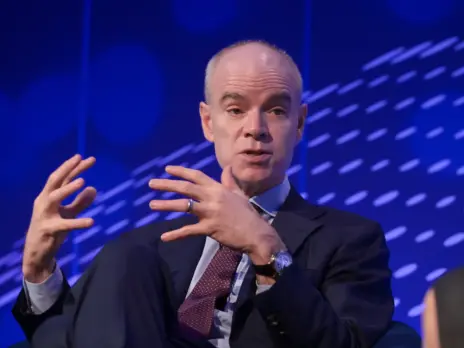
Provisions that would make news publishers not signed up with a recognised regulator pay all the costs of court cases, win or lose, should be brought into effect immediately, a government-backed panel has said.
This was because the press recognition system established by the Royal Charter “continues to be frustrated”, the Press Recognition Panel (PRP) said in its second annual report on the system, published today.
The Section 40 provision of the Crime and Courts Act 2013 has already been approved by Parliament, but has yet to be enacted. It faces strong opposition from news publishers who claim it forces them to sign up to state-funded regulation and threatens a free press.
The PRP, which is funded by taxpayers’ money, was set up under the Royal Charter to recognise press regulators that met criteria detailed in the charter.
In its three years, the PRP has recognised only one regulator – Impress, the body almost entirely funded through former Formula 1 boss Max Mosley which regulates 77 news outlets, most of which are hyperlocal news websites and their print editions.
The vast majority of the national, regional and local press is registered with Ipso, the Independent Press Standards Organisation (IPSO), which is funded by the industry and oversees the Editors’ Code of Practice.
IPSO bosses have made clear that the regulator has no intention of applying for recognition under the Royal Charter in line with the publishers it regulates.
The report said: “The PRP continues to fulfil its role, and it is disappointing that one year after the publication of its first report on the recognition system, the recognition system continues to be frustrated.
“The public is still not receiving the intended protections.
“There has been a concerted campaign to undermine the system. The position of ordinary people and the public interest (including securing freedom of speech for publishers) in the proper operation of the recognition system has become marginalised.
“The situation is complicated by the fact that some larger publishers who report on the recognition system are resisting joining it.”
It goes on: “The new system of press regulation has still not been given an opportunity to operate and it is difficult to be confident that the original intentions of Parliament will be upheld.”
The reasons for the failure to bring Section 40 “do not bear scrutiny”, the PRP report said, adding that the delay in bringing section 40 into force “supports the interests of the press who oppose it”.
It said: “Section 40 of the Crime and Courts Act 2013 should be commenced immediately to deliver the new system of regulation that was devised by Parliament following the full consideration of all relevant matters and views through the Leveson Inquiry.
“Partial commencement would leave the public unprotected from those outside the recognition system.
“It is clear that incentives are needed. If the Government does not intend to commence section 40, Parliament may wish to consider alternative incentives to encourage recognition and provide protection for the public as Leveson recommended.”
The report added: “Leveson also recommended that if (but only if) the new system of regulation were considered to have failed then Parliament should consider statutory action.
“The PRP is of the view that it would be premature to consider introducing statutory regulation. The recognition system must be established first and properly tested.”
The PRP’s call for section 40 to be brought into force, but for no statutory action, echo what was said in the organisation’s annual report last year.
Picture: Reuters/Luke MacGregor
Email pged@pressgazette.co.uk to point out mistakes, provide story tips or send in a letter for publication on our "Letters Page" blog






